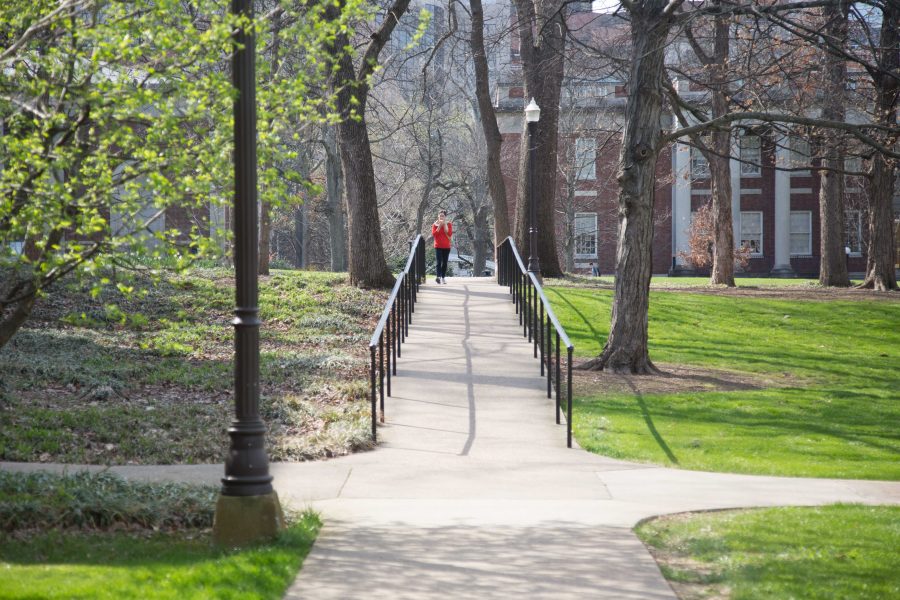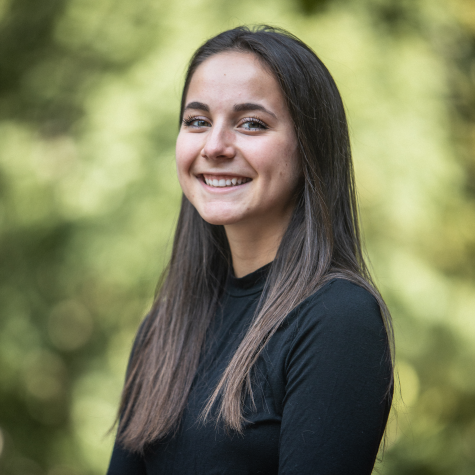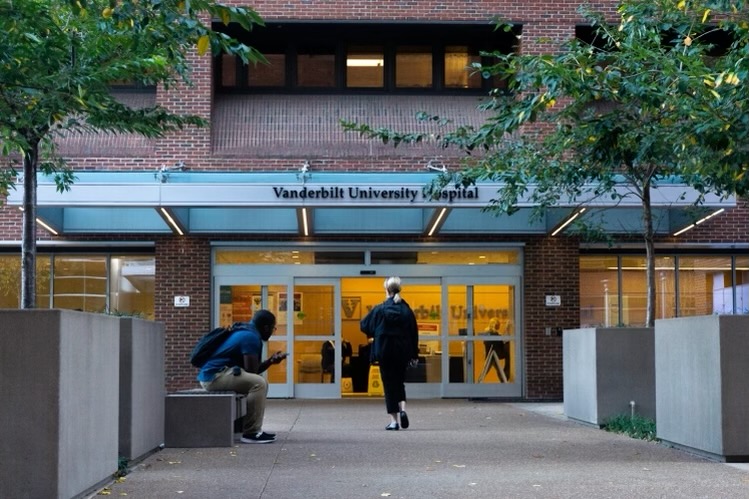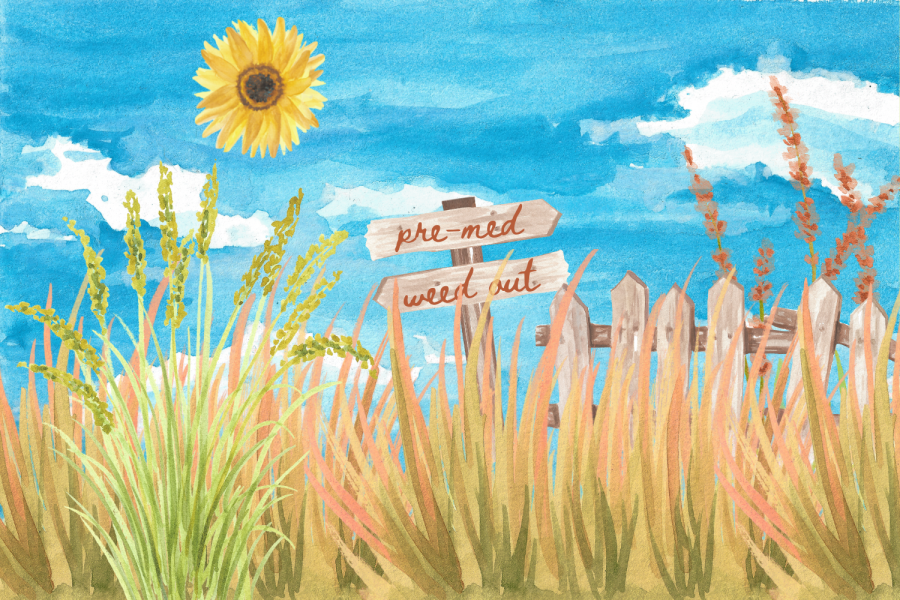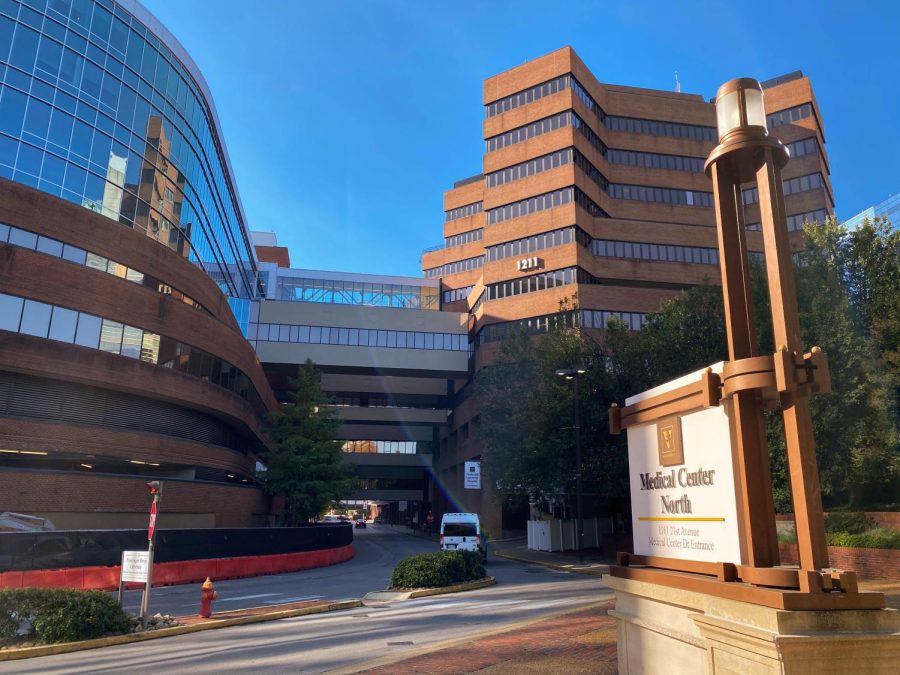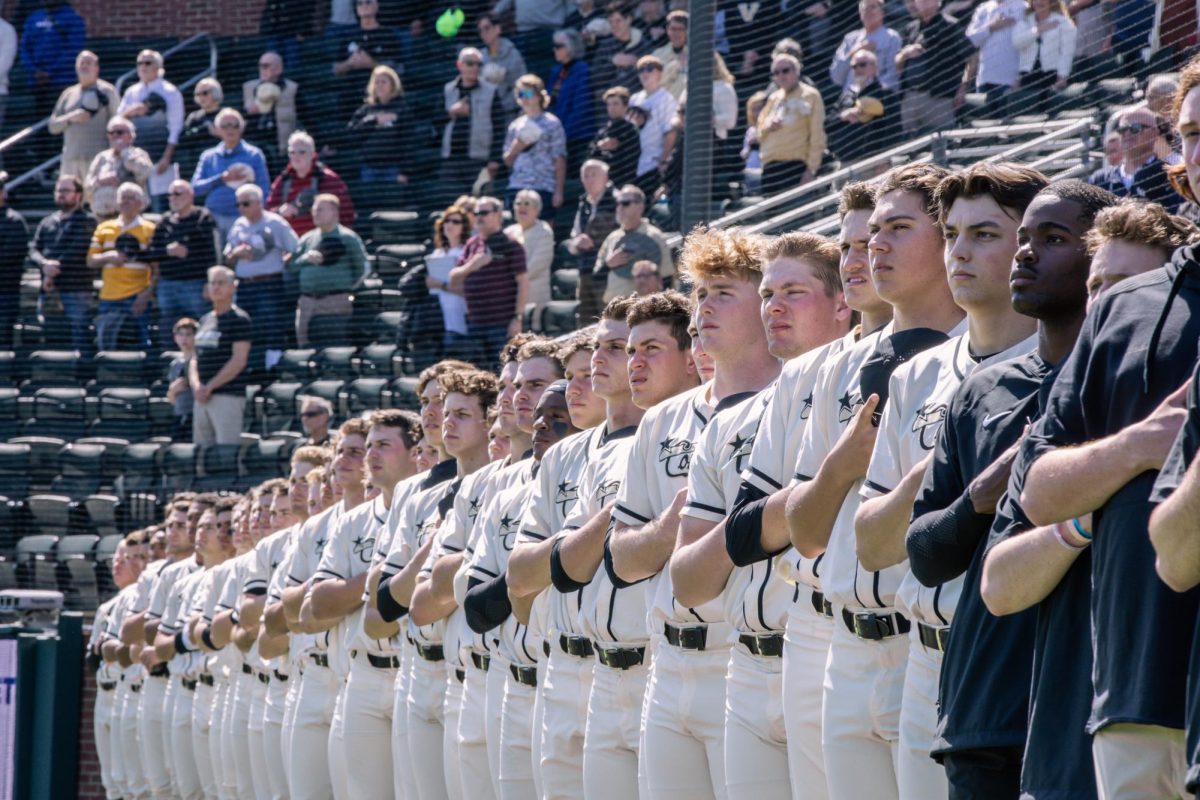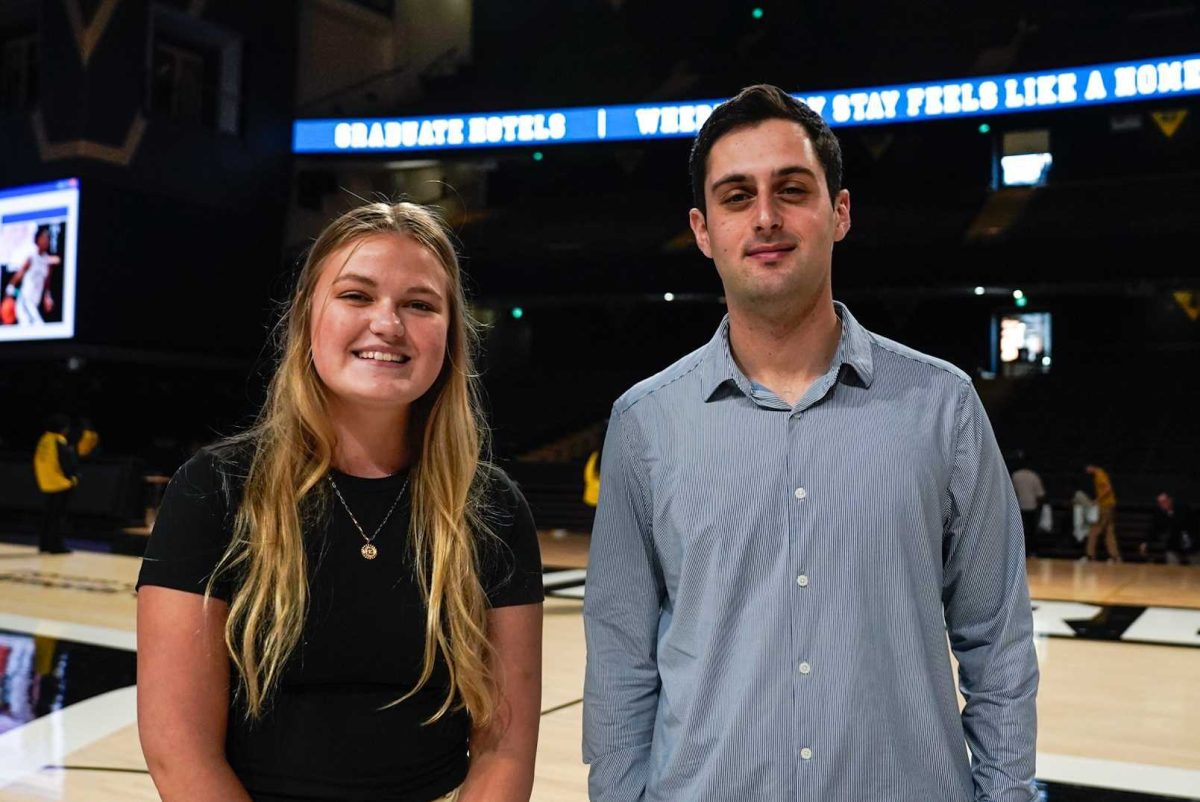Starting this year, the Health Professions Advisory Office (HPAO) is implementing a pilot program co-sponsored by the Residential College system that matches medical school mentors to undergraduates in the process of applying to medical school.
The idea for this initiative came from Vanderbilt alum Aditya Karhade, who is currently pursuing a medical degree from Harvard Medical School and an MBA from Harvard Business School. According to HPAO director Michelle Grundy, Karhade was inspired by the medical school mentoring program that exists within Harvard residential colleges and reached out to see if a similar system could be implemented at Vanderbilt.
This year, 67 Vanderbilt medical students applied to mentor an undergraduate student and 25 ultimately received the position. 49 undergraduates in total will receive a mentor, mostly consisting of juniors in the process of composing their medical school applications. Each mentor will have two students to coach through this process.
Mentors were matched with students based on a variety of factors, according to Grundy. These include state residency, race, gender, and undergraduate major.
According to Grundy, the HPAO was unsure that they would have enough medical students apply to mentor, but ultimately they had more interested mentors than undergrads.
“Aditya explained how as a first-year medical student you feel like the only knowledge you have is that which you gained by going through the application process,” Grundy said. “Being the type of people who are pursuing a career in helping others, it comes naturally to want to share the information they do have about applying to med school.”
The residential college partnership, which will provide 4 free meals in the cafeterias for mentors, enriches the experience of mentoring for both student and graduate alike, Grundy explained.
“The whole idea behind the residential colleges is that they are more than a place to live, it’s a place to learn and grow as a person” she said. “There are so many places for students to meet and have more meaningful discussions than just sitting in Rand.”
However, Dean of Residential Faculty Vanessa Beasley clarified that the partnership with the residential colleges does not make the program exclusive to the students that live within them.
“Where the student lives does not matter at all,” Beasley said. “Any undergraduate student who is deemed eligible as determined by their application to the HPAO program may participate.”
First-year Sandra Drmanovic is a math major on the pre-med track, and she said she has already seen first-hand how complicated it can be to pave a path for medical school.
“There’s a bunch of things you have to do, like a long list of classes, extracurriculars, shadowing, and research just to name a few,” she said. “It’s hard to know what really benefits your application and what doesn’t so it would be nice to have someone around to help navigate it all.”
Grundy said usually she is the first person undergraduates go to in order to assemble their application materials when they begin applying to medical school, but she looks forward to the new mentors helping the students jumpstart this process so they are better prepared when they finally come speak with her.
Mentors will begin to work with the juniors this semester, where they will have two mandatory spring meetings and then another two meetings in the fall.
In the fall, after students have had the opportunity to form relationships with their mentors, the HPAO will be conducting surveys with both mentors and mentees to break down how the process turned out and what could be improved. This data will determine what the HPAO program will look like in future years, Grundy said.
“Medical school is something so hard to understand, there is no algorithm for what makes a perfect applicant” Grundy said. “My hope is that this pilot program is able to demystify that process as much as possible and can help reduce anxiety for students around it.”


